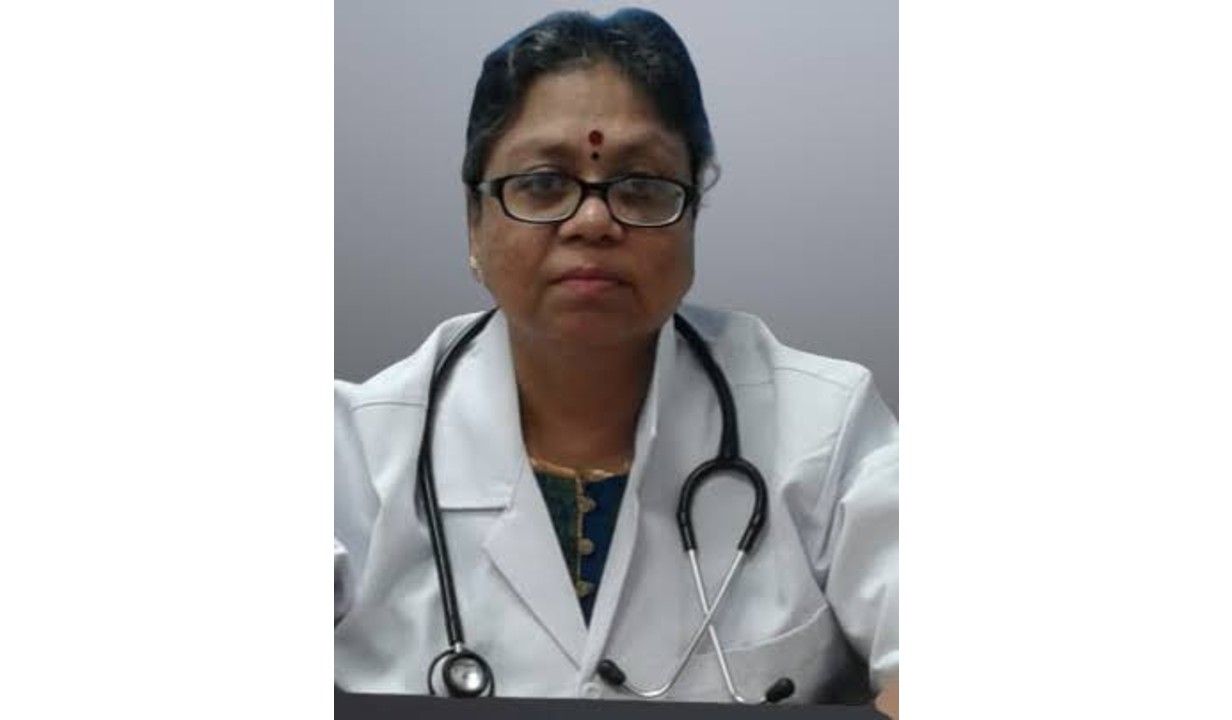Understanding Left Grade 3 Varicocele
Learn what a Left Grade 3 Varicocele is, its causes, symptoms, impact on fertility, and available treatment options. Get expert advice and care through Apollo24|7.

Written by Dr. J T Hema Pratima
Reviewed by Dr. D Bhanu Prakash MBBS, AFIH, Advanced certificate in critical care medicine, Fellowship in critical care medicine
Last updated on 21st Aug, 2025

Varicocele is a common condition that affects many men, but it can be confusing and concerning if you’re diagnosed with it. If your doctor has told you that you have a Left Grade 3 Varicocele, you might have questions about what it means, how it affects your health, and what you can do about it.
This article will explain everything in simple terms; what a varicocele is, why it happens, its symptoms, and how it can be managed. We’ll also discuss when you might need medical attention and how Apollo24|7 can help you get the right care.
What is a Varicocele?
A varicocele is an enlargement of the veins inside the scrotum (the pouch of skin that holds the testicles). These veins are similar to varicose veins that some people get in their legs. When these veins become swollen, they can cause discomfort, pain, or even affect fertility in some cases.
Varicoceles are most common on the left side of the scrotum, but they can also occur on the right or both sides.
What Does "Grade 3" Mean?
Doctors classify varicoceles into different grades based on their size and visibility:
Grade 1: Small and only detectable with ultrasound.
Grade 2: Can be felt during a physical exam but not visible.
Grade 3: Large enough to be seen and easily felt.
A Grade 3 varicocele is the most noticeable and may cause more symptoms than smaller ones.
Symptoms of Left Grade 3 Varicocele
Not everyone with a varicocele experiences symptoms, but when they do, they may include:
A dull ache or pain in the scrotum, especially after standing or physical activity.
A feeling of heaviness or dragging sensation in the scrotum.
Visible swollen veins that look like a "bag of worms."
Testicular shrinkage (atrophy) in some cases.
Fertility issues – Varicoceles can sometimes reduce sperm quality, leading to difficulties in conceiving.
What Causes a Left Grade 3 Varicocele?
The exact cause isn’t always clear, but it happens when the valves inside the veins that regulate blood flow don’t work properly. This leads to blood pooling in the veins, making them enlarge.
Factors that may contribute include:
Genetics – If other family members have had varicoceles, you might be more likely to develop one.
Increased abdominal pressure – Conditions like chronic constipation or heavy lifting can put extra pressure on these veins.
Anatomy – The left testicular vein connects differently than the right, making left-sided varicoceles more common.
Consult Top Specialists
How Does It Affect Health?
Most varicoceles are harmless, but in some cases, they can lead to:
Chronic discomfort – Pain that comes and goes, especially after long periods of standing.
Lower sperm count or quality – This can affect fertility in some men.
Testicular shrinkage – If left untreated for a long time, the affected testicle may become smaller.
When Should You See a Doctor?
You should consult a doctor if you experience:
Persistent pain or discomfort in the scrotum.
Noticeable swelling or enlarged veins.
Fertility concerns (if you and your partner are having trouble conceiving).
A urologist can diagnose a varicocele through a physical exam or an ultrasound if needed.
Treatment Options
Not all varicoceles require treatment, especially if they aren’t causing symptoms. However, if needed, options include:
1. Lifestyle Changes
Wearing supportive underwear (like briefs) to reduce discomfort.
Avoiding prolonged standing or heavy lifting.
Applying ice packs to reduce swelling.
2. Medication
Pain relievers like ibuprofen can help with discomfort.
3. Medical Procedures
Varicocelectomy: A minor surgery to tie off the affected veins.
Embolization: A minimally invasive procedure where a small coil is inserted to block the faulty veins.
Your doctor will recommend the best option based on your symptoms and overall health.
Can Varicocele Affect Fertility?
Yes, in some cases. Varicoceles can increase scrotal temperature, which may affect sperm production. If you’re trying to conceive and have a varicocele, consulting a fertility specialist can help determine if treatment is needed.
How Apollo24|7 Can Help
If you suspect you have a varicocele or have been diagnosed with one, Apollo24|7 makes it easy to:
Consult a urologist online for expert advice.
Schedule tests like ultrasounds if needed.
Get personalized treatment plans from trusted specialists.
You can book a consultation or test quickly through the Apollo24|7 app or website.
Conclusion
A Left Grade 3 Varicocele may sound concerning, but it’s a manageable condition. Many men live with it without major issues, but if you have pain or fertility concerns, treatment options are available.
The key is to stay informed, monitor symptoms, and seek medical advice when needed. If you’re unsure, don’t hesitate to reach out to a healthcare provider—Apollo24|7 is here to help you every step of the way.
Consult Top Specialists
Consult Top Specialists
Dr. Gaddam Manoj
General Practitioner
1 Years • MBBS
Hyderabad
Aaradhya clinic, Hyderabad
Dr. Sahana B
General Practitioner
3 Years • MBBS
Koppal
Khushi multi-speciality hospital, Koppal

Dr. Rajib Ghose
General Practitioner
25 Years • MBBS
East Midnapore
VIVEKANANDA SEBA SADAN, East Midnapore

Dr. Mainak Baksi
General Practitioner
13 Years • MBBS , MD (MPH)
Howrah
Mainak Baksi Clinic, Howrah
(50+ Patients)

Dr. Bulbul Biswas
General Practitioner
35 Years • MBBS, Diploma in Maternity and child welfare
Kolkata
HERSTEL CARE CLINIC, Kolkata
